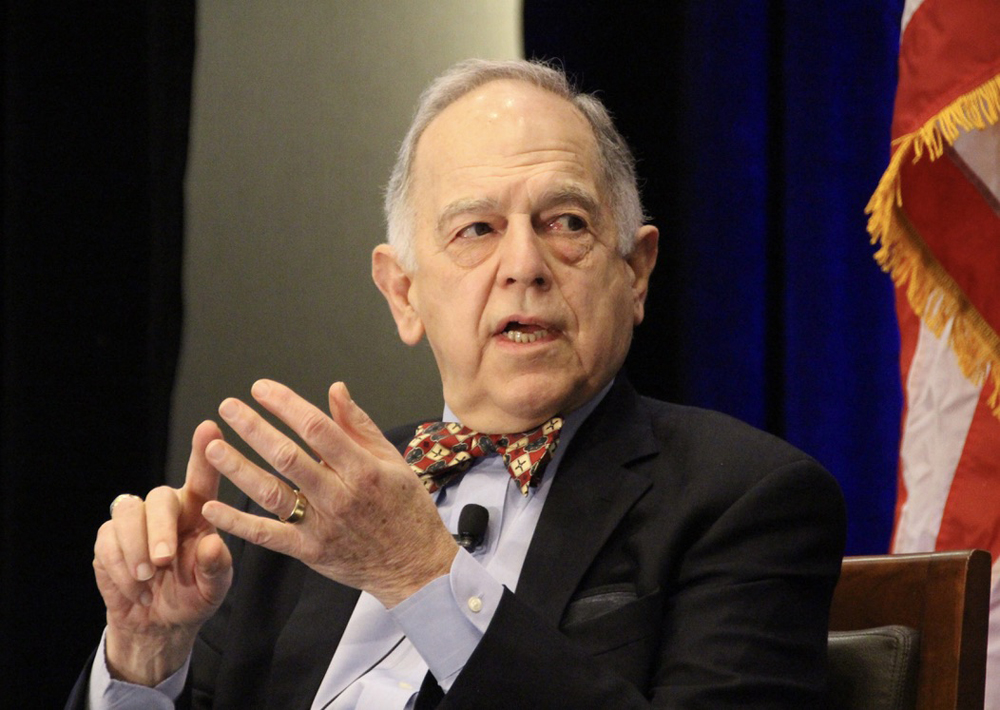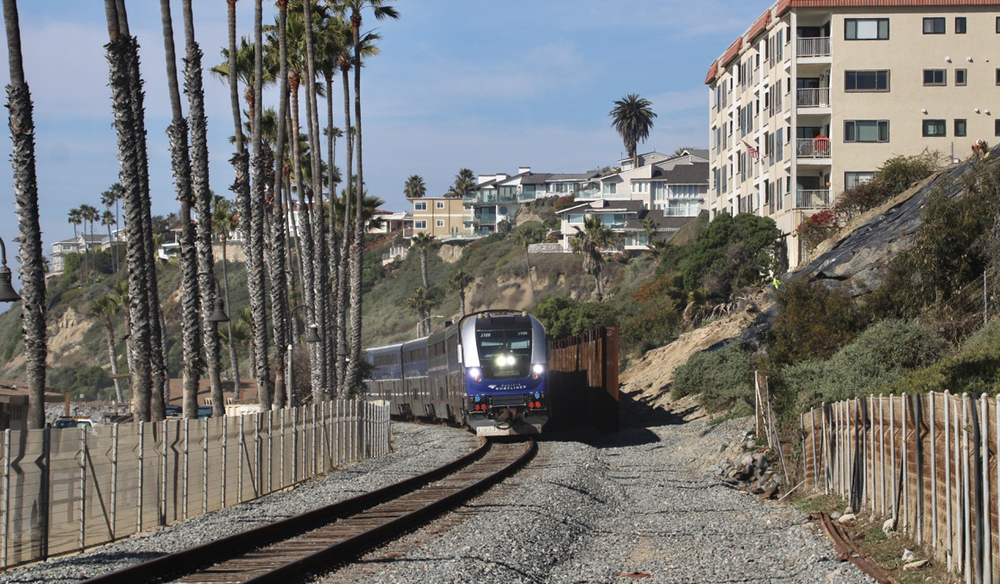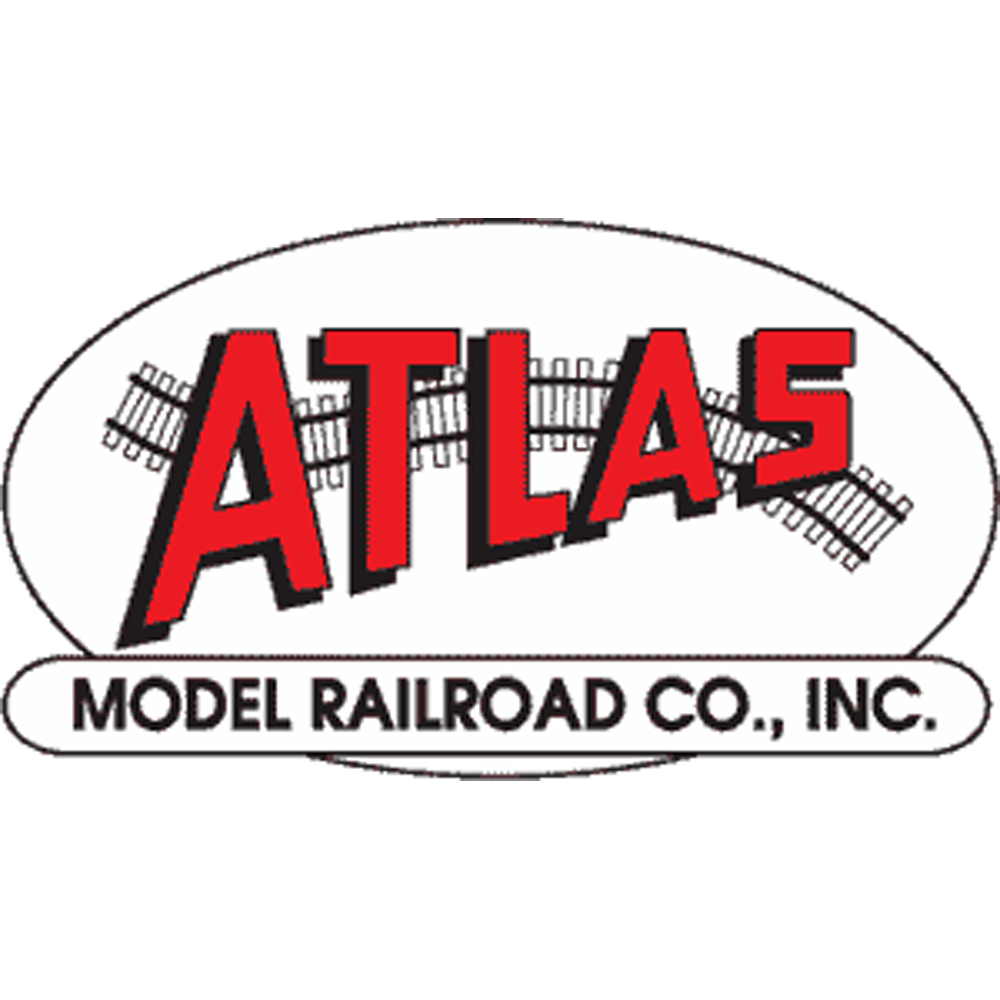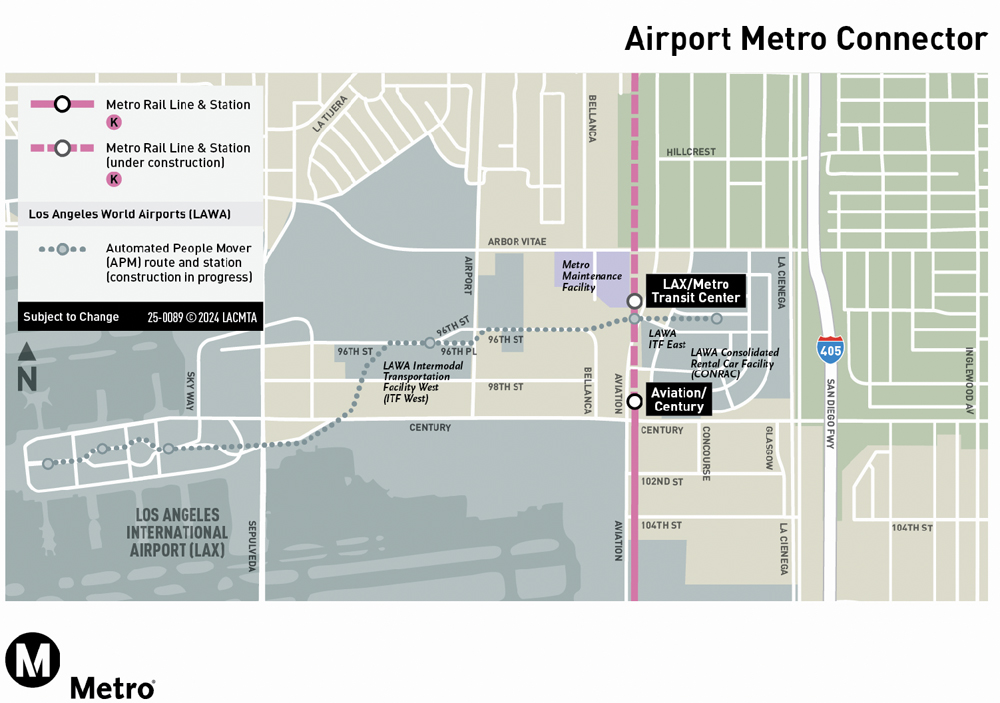
NEW YORK — Surface Transportation Board Chairman Martin J. Oberman – who used his position as a bully pulpit to criticize railroads and encourage them to reach their potential by hauling more of the nation’s freight – announced today that he will leave the board early next year.
“After much consideration of the work the board and I have been able to accomplish, and my own circumstances, I have decided that I will not seek reappointment for a second term,” Oberman told the RailTrends conference. “I will, however, continue to serve several months into next year under the statutory holdover provision. I still have much work to do and many initiatives to complete.”
Oberman, 78, was named to the board in 2019; his term expires on Dec. 31.
The Democrat, whose prior rail experience consisted of serving as the chairman of Chicago-area commuter railroad Metra, presided over a board during a tumultuous period for Class I railroads.
“I have developed a deep respect and appreciation for this industry. Not only its challenges and complexities, but its enormous responsibility to the nation,” Oberman says. “Railroads, with government help and on their own, have played an essential role in enabling the United States to develop by far the world’s most advanced and successful economy, which has contributed in an overall sense to our country’s top standard of living.”
But the industry has yet to live up to its potential, he says.
“Rail service and productivity could be so much better, and I think we all know it. My efforts at the STB, even when they may have been annoying to some members of the industry, have all been aimed at pushing and nudging the industry towards achieving that immense but as yet unrealized potential,” he says. “I am confident that day will come, and I will be watching for it as my personal adventure continues after leaving next year.”
During Oberman’s tenure, the STB reviewed the Canadian Pacific-Kansas City Southern merger, CSX’s acquisition of New England regional Pan Am Railways, the showdown over Amtrak’s quest to revive passenger service on the Gulf Coast, the service meltdown of the big four U.S. railroads after the onset of the pandemic, and common carrier cases that shippers brought against BNSF Railway and Union Pacific.
The board also established a passenger rail office to review disputes over Amtrak on-time performance and proposed service-based standards for a new rule to expand reciprocal switching.
“The staff tells me this has been the most active board in the last 20 years,” Oberman says. “By the way, some of my friends on the board say we’re an active board. Others of them say we’re an activist board. You pick.”
Oberman told the audience of railroad executives, shippers, investors, and analysts that he saw positive changes in the industry in recent months. Among them: Numerous competitive responses to the CP-KCS merger, including new intermodal alliances and faster cross-border service.
“I ask only what took so long? Every one of these developments was there for the taking long before the CP-KCS merger,” he says. “But at least we now have movement.”
He also praised the CPKC-CSX plan to link their networks through the acquisition and operation of Genesee & Wyoming short line Meridian & Bigbee, as well as this month’s BNSF-J.B. Hunt announcement of Quantum premium intermodal service that targets 7 million to 11 million annual truckloads that have never moved on rail.
Oberman credited Norfolk Southern, Canadian National, and CSX for their pledges to not furlough train crews during freight downturns so that they can capture volume and maintain service levels as demand returns. And he was encouraged by the commitments to growth that they and CPKC have shown.
But Oberman said he was not encouraged by moves Union Pacific has made under new CEO Jim Vena, who rejoined the railroad in August.
“We ought to give Mr. Vena more time to show what he’s going to do with the railroad,” Oberman says. “In sharp contrast with the other railroads, his first few moves leave me concerned if not unnerved and bewildered.”
Oberman was critical of furloughs involving mechanics, carmen, track workers, and a 5% reduction in management jobs at the railroad. He questioned whether the maintenance-of-way furloughs would lead to deferred maintenance.
UP has said the track workers will be off for a few weeks during peak holiday vacation season, while the management layoffs were done to help the railroad speed decision-making, and that the affected employees were offered other jobs with the company.
UP President Beth Whited sought to allay concerns during a Friday morning presentation at RailTrends.
“You might have gotten the mistaken impression yesterday that there’s deferred maintenance happening at the Union Pacific. That is not the case — at all,” she says. “We have a very normal pattern of seasonal programs to do track, tie, and bridge replacement. It’s very common for us to start in the south in January and February, work our way north, and then allow those crews to take the rest of the year off and come back to work again in January. As we speak there are thousands of Union Pacific maintenance-of-way workers maintaining and inspecting the railroad to keep it safe.”
The STB chairman also lobbed criticism at one of his favorite targets: Wall Street and its focus on short-term results.
Oberman was disappointed that analysts didn’t applaud CN’s plans to increase capital spending for capacity improvements to support growth across its system. And he pointed out that NS CEO Alan Shaw received pushback from analysts regarding the railroad’s long-term growth strategy after reporting poor third-quarter financial results. Those same analysts, Oberman noted, did not take UP to task for cutbacks that could lead to service problems.
Wall Street has learned nothing from the significant job cutbacks before and during the pandemic that contributed to crew shortages and widespread service problems, Oberman says.
He also was critical of investor demands for ever-higher share buybacks and dividends, which dwarf the investments that railroads have made in capacity improvements. And he said Wall Street should stop rewarding CEOs for making short-term decisions to the detriment of the industry’s long-term future.
“It will take a strong-willed CEO to buck that pressure and instead … educate his or her shareholders and the board, if necessary, on just why there will be better long-term benefits and their return on investment by putting more of the profits back into building and maintaining the railroad’s resources, a strategy that will benefit shippers and public, as well as the railroad’s owners,” Oberman says.
Asked what his advice would be to his successor, Oberman said he or she should make an effort to build consensus as part of the board’s decision-making process, be patient, and don’t try to change things overnight.
A lawyer in Chicago since 1975, Oberman has had a lengthy history of public service. He was an alderman on Chicago’s City Council representing the 43rd Ward from 1975 to 1987; became a Metra board member in 2013 and served as the commuter rail agency’s chairman from 2014 through the end of 2016; and also served on the board of the Chicago Metropolitan Agency for Planning.
The most significant board decision during his tenure as chairman was this year’s approval of the merger of CP and KCS, the first union of Class I railroads in two decades — and likely the last given board rules that govern major mergers.
RailTrends is sponsored by trade publication Progressive Railroading and independent analyst Anthony B. Hatch.
Note: Updated Nov. 17 12:12 p.m. Central to include comment from Union Pacific President Beth Whited.














“Chicago Alderman” says it all about his qualifications. Another political hack.
As Chicago aldermen go, he had a better batting average than his peers. Rarely was caught up in scandal, could have easily run for mayor and won but chose not too. He picked his battles fairly well. While he knew how the machine worked in Chicago, he was not owned by it.
With all the crap that goes on it is amazing Oberman stayed as long as he has. He certainly had a “good eye” for what the industry needed and was not timid when it came to punching management in the mouth. The upcoming alternative switching is another of his ways of making railroad management pay attention and sparked fear that is needed. His cool temperment during meetings was astounding. He pleasantly told Fritz which way to way to “walk the plank” for the failure to serve the chicken food business. Hopefully his tenure on the board will be dragged out.
VIVA Oberman.
John; I wholeheartedly agree! I wish Chairman Oberman would serve longer! He has presided over the most effective STB since the Board’s creation.
One can only hope that his successor to the Chairmanship will come close to being as effective as Oberman has been.
Mr. Oberman “…lobbed criticism at one of his favorite targets: Wall Street and its focus on short term results”. I applaud him for that and the things he said on that subject cited in this article. I will not forgive him for denying the conveyance of train dispatching rights to Metra of the territory it owns (Milwaukee North and Milwaukee West Lines) as a condition for the STB approving CP+KCS.
@Mark Shapp: That train dispatch right is based on a contractual agreement. Oberman has said many times that the STB should not be breaking contracts. If Metra and CPKC need to change the arrangement, then they need to do so contractually.
You know as well as anyone that it takes the two contractual parties to agree on terms before ending or changing the contract. If Metra is so desperate to get dispatching rights, then pay CPKC compensation to do so. So much so, that they will agree.
Oberman an activist? No. An active board chair? Yes. And one that was sorely needed.
My father and his company in Chicago worked with Marty Oberman when he was first elected alderman in Chicago in 1975. He was considered reasonable and rational at the time but due to his then youth, fell captive to the “Chicago Way” periodically. As he gained tenure and experience, his prowess in navigating the political environment improved.
Wish he could serve longer.